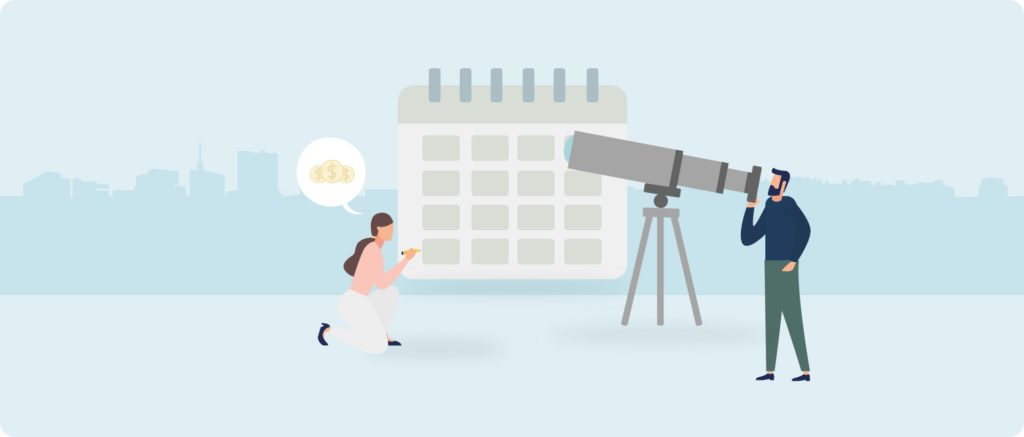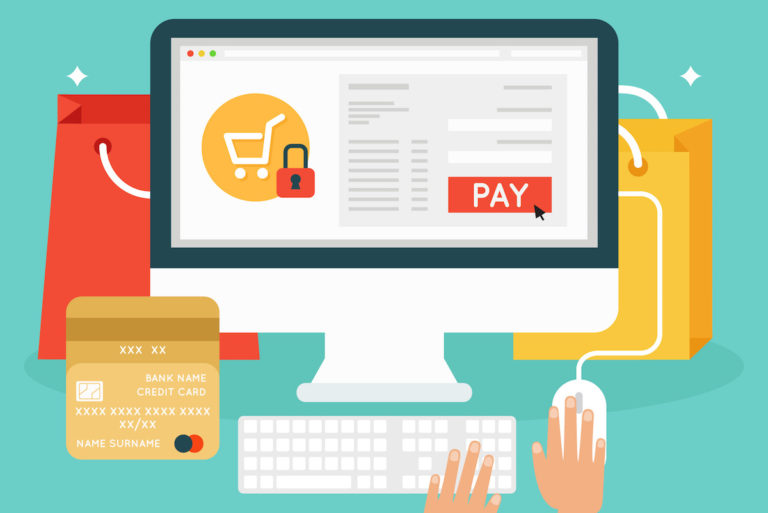How to Handle Mortgage and Rent Payments during COVID-19

Many people are likely to find themselves unemployed or working less than required as a result of the coronavirus pandemic.
If you’re one of the million households in the US that’s going through tough financial times because of the COVID-19 crisis and are concerned over making your rent or mortgage payment this month, try to stay calm.
The Department of Housing and Urban Development (HUD) has temporarily halted all foreclosures and evictions until April 30. But even so, you need to ask your lender or landlord about your options, especially if there’s been a change in your financial situation. Here are six possible ways you can do this.
If You’re Homeowner
1. Get in Touch with Your Loan Servicer
Financial planners and consumer advocates have advised homeowners to contact their mortgage lenders as soon as they can in order to discuss any potential short-term relief from their payments.
Several loan servicers have already employed special waivers due to the pandemic, and since they have certain responsibilities under the law, it would be wise to talk to them first before you fall behind.
2. Check with Your Bank or Credit Union

You may also apply for a hardship plan if your bank or credit union offers one. Don’t wait until your mortgage payment is due. Inquire about the program right away.
Keep in mind that you don’t exactly have to get a hold of such a payment plan, but it’s worth knowing what alternatives you can turn to. If that doesn’t work, ask your bank about your personal loan options to keep making regular payments.
3. Forbearance
A less than ideal option for homeowners is to put their loan in forbearance, a hardship program that allows you to suspend or cut payments for a limited period.
While this can provide quick relief, it will not erase what you owe, and the interest will continue to build on your loans. That means you might have to pay more in the long run because you’ve accumulated more interest than you would if you carried on with your payments.
Should you resort to this, discuss the conditions available to you with your loan servicer. They will vary for every individual depending on their financial record and lender.
If You’re a Tenant
1. Notify Your Landlord Immediately
Renters are told to inform their landlords as soon as possible so that they can work out a solution together. Just like with homeowners, don’t wait until your rent is due to reach out to your landlord. Try to negotiate about suspending or making partial payments in the meantime.
It may also help to have documentation of your current financial situation on hand. This could be a letter from your employer or proof of your unemployment application. Once you have that, talk to your landlord about your options.
2. Set Up a Payment Plan

If you can at least make a partial payment, you may be able to create a payment plan with repayment dates together with your landlord. Make sure that you have everything in writing. If you’re offered a rental-deferment plan, put that in writing as well.
If you believe you won’t be able to pay rent at all, notify your landlord right away. Again, ask if you can make an agreement to pay once you have an income again. See if you can skip a month and divide up the payments over the next six months or whatever is ideal for you once you’re back to work.
3. Seek Outside Support
If you can’t work out an arrangement with your landlord, try applying for a short-term loan. It’s also a good time to take advantage of outside financial support if you really need it. Many banks are making some adjustments to accommodate their clients during these uncertain times.
You can also turn to the HUD’s government’s rental assistance resources, which include local financial assistance programs. Another option is to dial 211 to ask the United Way for help with rent.
Know Your Priorities
Housing and food should be your main concerns. Once you have planned that out, focus on your other bills. Both homeowners and tenants can get in touch with their creditors and utility companies to know if they’re offering financial aid.
If your utility company can temporarily exempt late fees and provide you with a low-interest payment plan, but your internet provider refuses to be flexible, then pay off your internet bills first. Then address your utilities. You’ll want to reduce the long-term impact of paying late or less than the complete balance.






